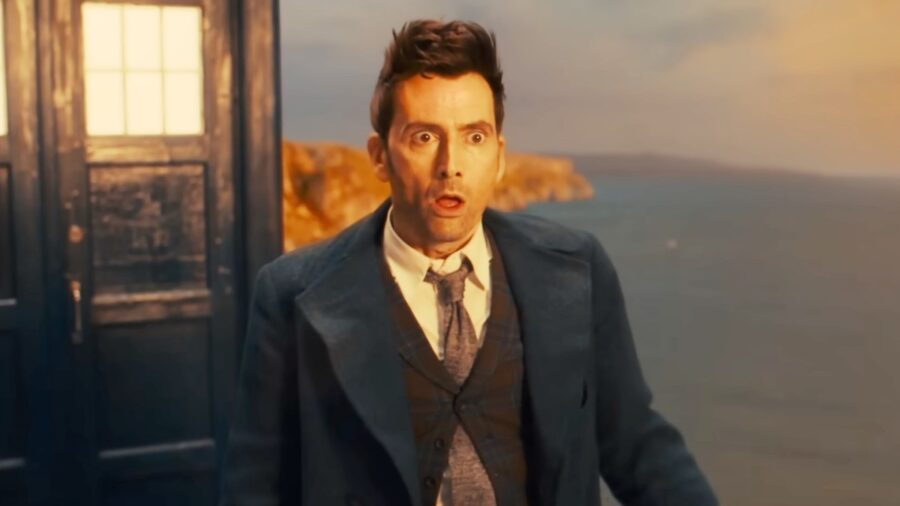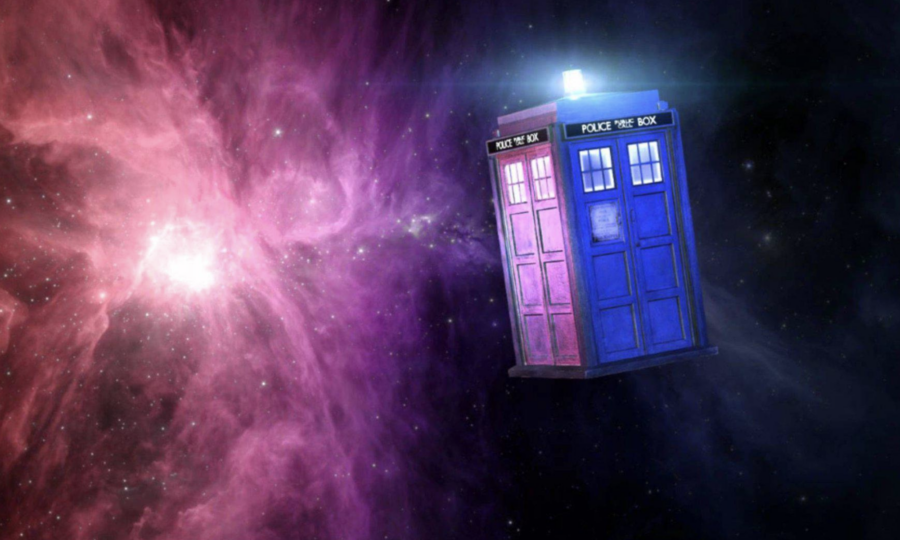Doctor Who Gets One Piece Of Time Travel Exactly Right According To Scientists

Astrophysicist Geraint Lewis of the University of Sydney in Australia recently authored a study about time dilation and said that Doctor Who‘s description of time travel is accurate, as we truly don’t yet understand the limitations of time (via Reuters).
Sci-fi shows like Doctor Who can usually rely on the audience’s suspension of disbelief when diving into heady concepts, and the science doesn’t always have to be accurate — though it is much cooler when a show gets the science right. Apparently, the long-running BBC series can take pride in the fact that the Doctor’s description of time as ‘wibbly-wobbly, timey-wimey stuff,” is co-opted by real-life astrophysicists.
In other words, theoretical concepts like time travel and warp drives could be possible, or they may not be. Maybe a Time Lord out there uses a British police box to travel through time. Okay, so Doctor Who probably isn’t right about that part, but there technically is still a chance that it is!
Doctor Who’s “wibbly-wobbly time-wimey stuff” is a surprisingly accurate way to describe the impact of time dilation on the universe.
Outside of proving that Doctor Who knows a thing or two about time theory, the study outlines some fascinating observations about how huge black holes have demonstrated time dilation in the early universe. These supermassive black holes are known as quasars and are highly active. They are typically found in the center of galaxies and are millions to billions of times bigger than our sun.

In the study, the researchers observed 190 quasars from around 1.5 billion years after the Big Bang and compared their brightness to modern-day quasars. What they found is that fluctuations in brightness showed that time around the ancient quasars moved roughly one-fifth the speed that time moves today. That would certainly fit the Doctor Who definition of time being ‘wibbly-wobbly.’
Instead of traveling to the past as in Doctor Who, researchers can look backwards billion of years to see the early universe thanks to time dillation.
However, if the character from Doctor Who traveled back 12.3 billion, they wouldn’t be in slow-motion, according to Lewis. Time would still feel the same to a person who went back to that time period, but it would play out slower from the perspective of a person today. It’s pretty heady stuff, but it’s still interesting to know that time behaves in ways that are pretty far beyond our current comprehension.
This is far from the only time that we’ve observed time dilation by looking at objects that exist in the past to us (due to light delay from faraway objects). Previous studies looked at supernovas from roughly 7 billion years ago and found that these explosions occurred at a slower rate than they do today. Clearly, Doctor Who has been tapping into this phenomenon for a while now.
When To Expect The Next Season Of Doctor Who
While we may not yet have the abilities of a Time Lord like in Doctor Who, we can at least enjoy the fact that the show is semi-sorta-kinda accurate when you watch it. We can look forward to more time-traveling adventures with the Doctor when the show returns with three special episodes in November 2023.
We’ll get to see David Tennant return as a new incarnation of the Doctor and Ncuti Gatwa make his debut as the fifteenth Doctor.










